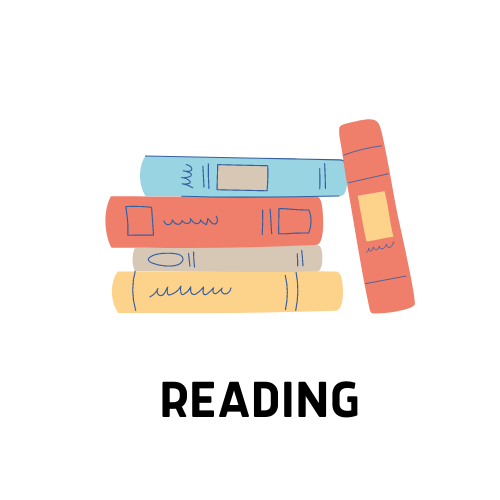[Reading]: Acupuncture
| Site: | HCMUE English Department's Learning Management System |
| Course: | English 10 Online Course (2021) - Ms. Hương Khôi |
| Book: | [Reading]: Acupuncture |
| Printed by: | Guest user |
| Date: | Sunday, 15 February 2026, 1:06 PM |
1. UNIT 2 - READING

We'll start our lesson with 3 parts
(1): Read the passage
(2): Vocabulary worksheet
(3): Play a game to familiarise yourself with the vocabulary
Let's get started!
***
How to start the lesson?
Look to your right-hand side. There is a table of contents.
Click and choose what you want to learn
1.1. Read the passage
Read the text below. There is some highlighted vocabulary.
Do you understand the words from the context?
Try to guess their meaning without using the dictionary!
Acupuncture is one of the oldest medical treatments in the world. It originated in China more than 2,500 years ago. The practice of acupuncture is rooted in the idea of promoting harmony between humans and the world around them and a balance between yin and yang. Although there are unanswered questions, acupuncture appears to work. Scientific studies offer evidence that it can ease pain and treat from simple to complicated ailments.
The technique of acupuncture involves placing hair-thin needles in various pressure points (called acupoints) throughout the body. Stimulating these points is believed to promote the body’s natural healing capabilities and enhance its functions. Originally, there were 365 acupoints, but this has increased to more than 2000 nowadays.
Acupuncture is considered to be very safe when enough precautions are taken. The most common side effects with acupuncture are soreness, slight bleeding, or discomfort. Some people may feel tired after a session. Care is also needed so that inner body parts are not touched by the needles.
Today, a lot of people use acupuncture as a reliable alternative to modern medicine. According to a U.S. 2002 survey (the most reliable survey to date), an estimated 8.2 million American adults had tried acupuncture. This number has been reported to be increasing steadily.
Despite its general safety, acupuncture isn’t for everyone. People who have bleeding problems or are taking blood-related medicine should not have the treatment. It’s also not recommended for people who have electronic medical devices inside their bodies.
1.2. Vocabulary Handout
UNIT 1: FAMILY LIFE
READING
1. ailments /ˈeɪl.mənt/ (n): Sự ốm đau bệnh tật, sự khổ sở
ex: Treat minor ailments yourself.
2. ease /iːz/ (v): làm dịu
ex: To ease the problem of overcrowding, new prisons will be built.
3. acupoints (n): điểm huyệt
4. precaution /prɪˈkɔː.ʃən/ (n): chăm sóc
ex: Many people have been stockpiling food as a precaution against shortages.
5. alternative /ɒlˈtɜː.nə.tɪv/ (n): thay thế
ex: An alternative venue for the concert is being sought.
6. treatment /ˈtriːt.mənt/ (n): điều trị
ex: Peter gets special treatment because he knows the boss.
7. evidence /ˈev.ɪ.dəns/ (n): bằng chứng
ex: The police have found no evidence of a terrorist link with the murder.
8. promote /prəˈməʊt/ (n): tăng cường
ex: Advertising companies are always having to think up new ways to promote products.